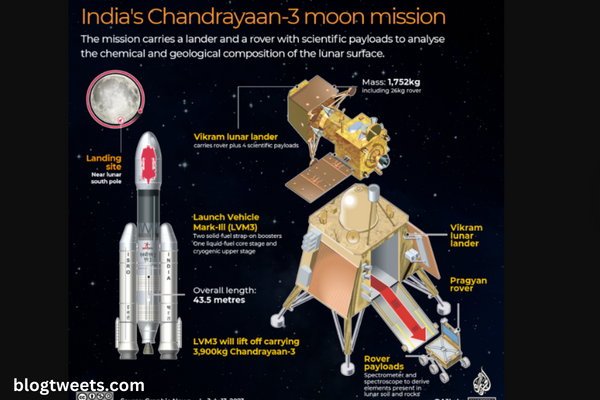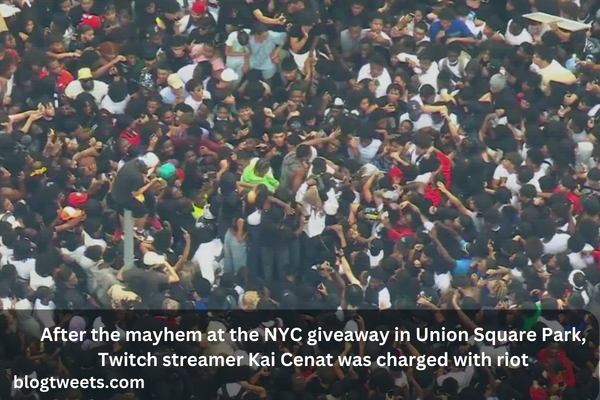When a 6.3 magnitude earthquake strikes Japan, bullet train operation must be suspended

Bullet train service was forced to be suspended on Friday due to a magnitude 6.3 earthquake, although no tsunami warning was issued, according to authorities.
According to the Japan Meteorological Agency, the earthquake struck the central Ishikawa region at 2:42 pm (0542 GMT) at a depth of 10 kilometers (six miles).
According to Japan Railway, Shinkansen bullet trains between Nagano and Kanazawa, a well-known tourist destination, have been suspended.
No early reports of fatalities or property damage were made.
In Japan, Friday is a public holiday that is a part of a weeklong period of free time known as “Golden Week,” during which a lot of people travel for pleasure or to see relatives.
On the Japanese Shindo seismic scale, which has a maximum score of seven, the earthquake in the city of Suzu reported an upper six, which indicates it may have caused significant landslides.
The epicenter was located on land, according to Japan’s Meteorological Agency, even though the United States Geological Survey estimated the earthquake’s magnitude to be 6.2 and reported it occurred just off the coast.
Japan, which is located on the Pacific “Ring of Fire,” a region of extremely active seismic activity that extends from Southeast Asia and throughout the Pacific basin, experiences earthquakes frequently.
But Japan has tight building codes that are meant to make sure that structures can withstand powerful quakes, and it regularly conducts emergency exercises to get ready for a large jolt.
The same area was hit by a 6.9 magnitude earthquake in 2007, which resulted in hundreds of injuries and more than 200 buildings being damaged.
A rural region on the Sea of Japan coast called the Noto peninsula is well-known for its natural landscape and seafood. 340,000 people call the peninsula home, according to the 2015 census.
Japan is still plagued by the memories of the 9.0-magnitude tsunami that struck off northeastern Japan in March 2011 and left some 18,500 people dead or missing.
The 2011 tsunami also caused the largest post-war disaster in Japan and the worst nuclear accident since Chernobyl when it caused three nuclear reactors at the Fukushima nuclear plant to melt down.
No anomalies had been found at the Shiga and Kashiwazaki-Kariwa nuclear power reactors in the impacted area, according to government spokesman Hirokazu Matsuno, who spoke to media in Tokyo.
A 7.4-magnitude earthquake that struck off the coast of Fukushima in March of last year rattled much of eastern Japan and resulted in numerous fatalities.
A massive earthquake that struck Tokyo in 1923 left the city in ruins.








